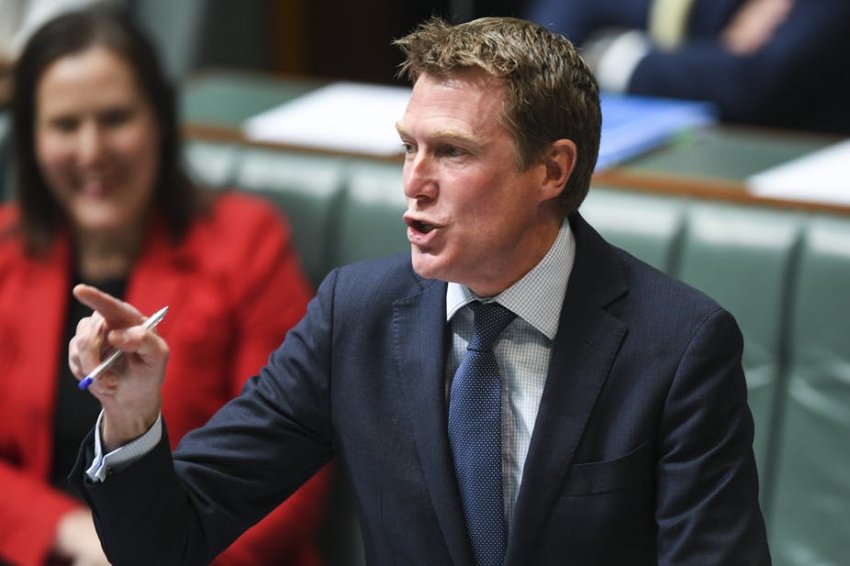
Proposed amendments to the Criminal Code Act of 1995 will make it impossible for media organisations to accurately report on what governments do behind closed doors.
The pretence for this legislative proposal, which was tabled in federal parliament at the end of last year, is supposedly to respond to the growing threat of foreign states influencing Australia’s political landscape.
Apparently inspired by the scandal involving Labor politician Sam Dastyari and his alleged links to the Chinese government, the Foreign Influence and Transparency Scheme Bill is in reality an attack on democratic rights and the ability to hold governments to account.
The proposed changes will have serious implications for journalists and reporters.
The Media Entertainment and Arts Alliance (MEAA) notes that under these new laws, journalists and whistleblowers who “receive” or “handle” top secret documents could be jailed for 20 years, “even if they never broadcast or publish a story”.
That is, they could face prosecution for simply doing their jobs.
The bill goes further than Section 70 of the Commonwealth Crimes Act, which deals with the disclosure of information by public servants. According to media specialist Johan Lidberg, public servants who leak documents could now face up to 2 years in jail.
Other aspects of the bill undermine the ability of journalists to protect their sources.
It is not hard to see how these amendments will have a negative impact on journalism. It would severely impact the ability to report on stories related to leaked confidential government information, particularly in relation to government corruption.
A broad range of media organisations such as the MEAA, Australian Lawyers for Human Rights, Human Rights Watch, Human Rights Law Centre, Human Rights Commission and many major media companies have expressed concerns about these proposed laws.
The MEAA has released an online petition that states: “In the name of press freedom and government accountability, we call on the [federal] government to withdraw the bill until it is rewritten to protect journalists from criminal prosecution.”
It is imperative that we speak out against the government’s attempts to criminalise journalism.
The democratic rights we enjoy today were not given to us by governments. Rather, they have been won through mobilisations and people power.
It is this power that can stop these attacks on the rights of journalists.
[An earlier version of this article was published in Melbourne community radio 3CR’s CRAM Guide.]